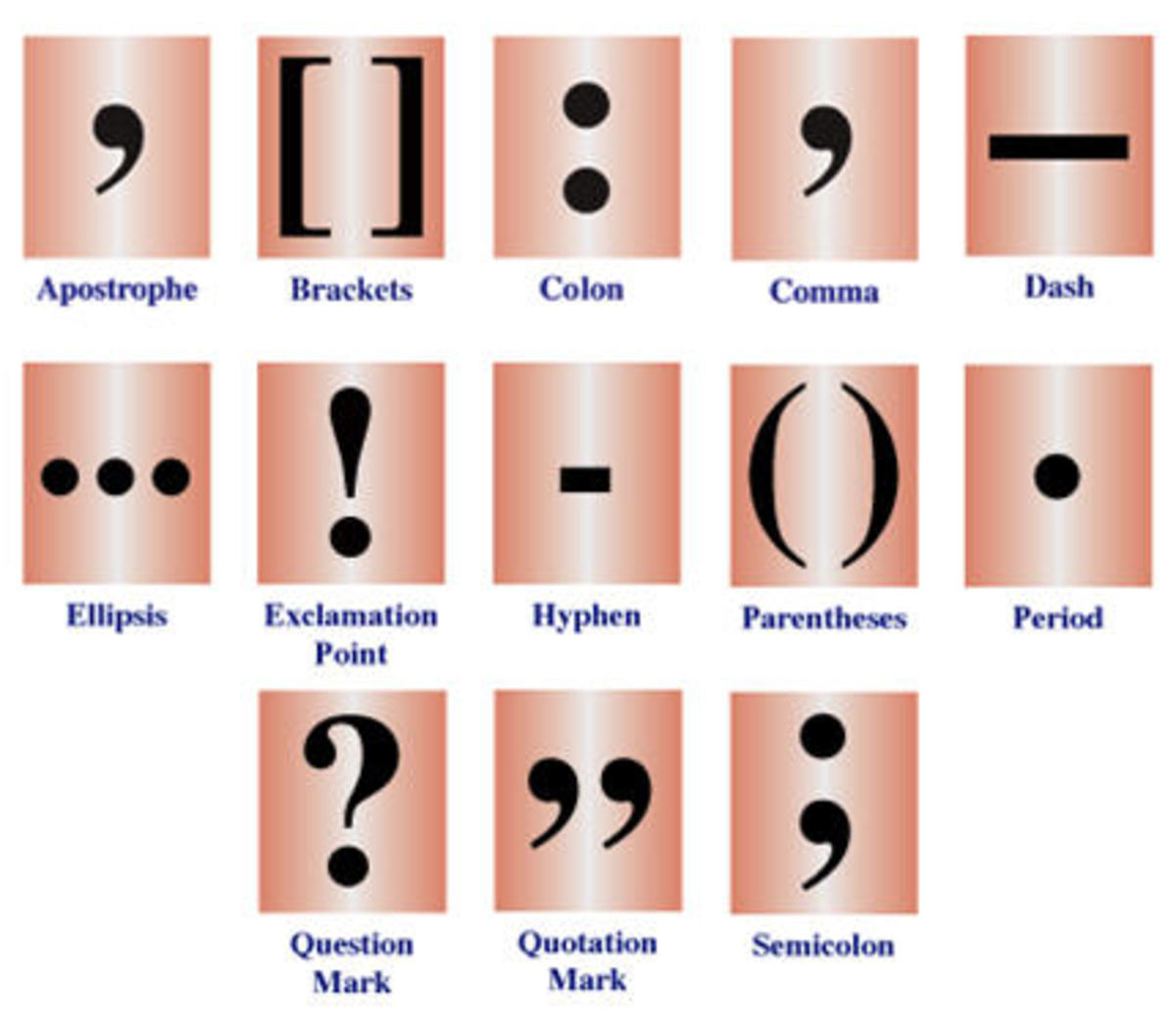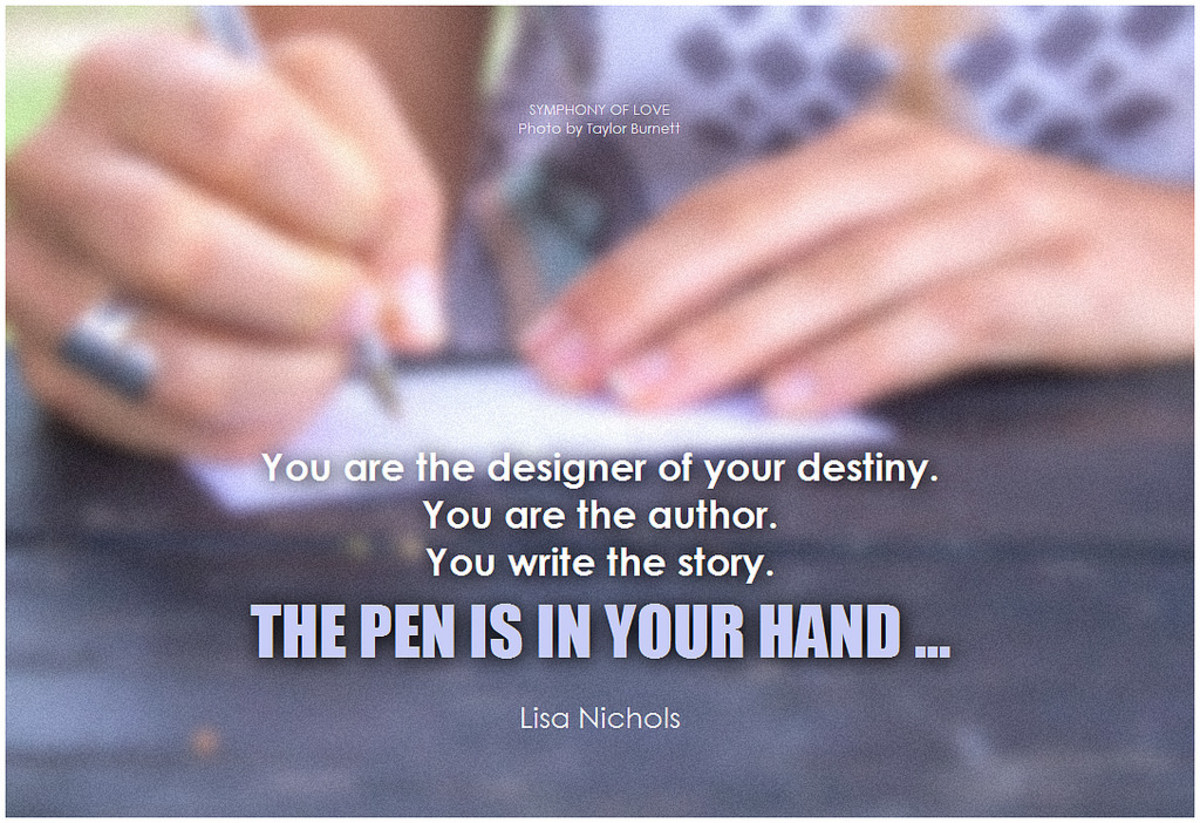Learning to Massage a New Medium
It's not just Egypt who just experienced a revolution – the new medium finally began giving the people of the world a voice in 2011. The medium is the message – Marshall McLuhan 1964.
Until recently, my main use of the Internet had been as a source for information. I use the term ‘information’ loosely since it includes answers to the almost infinite number of trivial questions I’ve googled, as well as more futile searches to wrinkle out truth. Inevitably, tangents diverted me into other surprising and fascinating places. When better able to indulge my penchant for a good whisky, I’ve even printed off a favorite poem or two to read to my more sober, unfortunate family and guests.
Over the last decade, other than the possible exception of the poetry, I’ve been a passive user of the Internet; I’ve contributed nothing while using it a great deal. When I began writing, I thought that it would be a significant change in dynamics. In reality, I spend more time than I ever did in front of a monitor as I do more research than ever and now type my thoughts rather than loudly musing. It’s more solitary. At times I think my wife is pleased to see me occupied but sometimes vainly think she misses her usually talkative and amusing partner. I know I should spend more time with her but how long should I be spending?
I’m back from googling the question about quality time and partners, and I came across an article that promised to tell me what the top ten things were that we spend our lifetime doing as my best lead.
I noticed that surfing the web is included amongst the ten whereas spending quality time with significant others is either taken for granted or simply hasn’t made it to this particular list. But the writer has written amusingly on the topic, and that is the reason I take the time to actually read the article rather than just scan for content. It’s well written and, although the writer is not known to me, small glimpses of his mind are revealed in the writing.
James Joyce

At one time, it was a relatively rare occurrence to come across dramatic spelling mistakes or errors in grammar and punctuation. Publishers helped ensure that readers did not become apoplectic too often by alarming or idiosyncratic punctuation. Some great writers learned the rules before they broke them and went on to make rules of their own. James Joyce, often regarded as one of the greats, showed an inclination to become increasingly meager with punctuation as he experimented with the notion of stream of consciousness before famously dispensing with it altogether in Finnegans Wake.
However, it’s relatively rare that style trumps content or the two come happily together on the Internet; content is a clear first and style an almost ran in most writing. Unashamedly, it’s often written to help market products through advertising much as paying Dickens by the word and serializing his stories provided a happy concurrence of profit for both author and publisher. It’s a market place where hucksters and poets can coexist and figure out the best way to sell their wares whether it’s for money or love.
It’s probably quite obvious that I’m one of those people who are overly obsessive about a bunch of rules that were always meant to be descriptive rather than subscriptive. But writers at one time were like those who made their way westwards before sheriffs, laws and judges followed. Shakespeare and those before him had much more latitude in spelling and happily coined new words although they often chose to follow strict rules for aesthetic reasons when writing poetry and even prose.
Perhaps many students of English first came across the notions of the importance of form, style and content when reading Shakespeare or another literary great. And the reason we still read these greats is their writing survived because they were like the gunslingers of myth and movie, they were the best in the West. (In reality, gunfighters who were successful should have been better known for their accuracy than their speed.)
The Internet provides a stage for an unprecedented amount of writing – it’s a new market place for writers and many forms of writing whether in a tweet or on a profile. Along with the writing, there’s music, sound and images often accompanying it in imaginative ways. It seems slightly old fashioned and even churlish to view much of this writing from too critical a perspective. Hyperlinks used with accomplishment are perhaps to be prized even more than the judicial colon or even exclamation mark!
Television is much older than the Internet and it is in the process of being folded into a confluence of technologies before we can properly begin to understand its role in culture. Certainly we now know TV has helped shape the US’s future whether reporting on its wars or selling corporate America’s. TV’s influence has been huge but the Internet will eventually be much, much more – including its impact on language.
I now view work by other writers on the Internet with renewed interest. I feel more of an anthropologist who must guess at the future of writing from existing clues and recognize that written English is probably in for even more interesting transformations in the near future than at any time since Caxton’s press.
LOL
Afterword
Less than two months after writing about the new media, the revolution in Egypt occurred. I worked feverishly to complete the article I was writing on and get to the next one. Both articles were about the Facebook account we all have come to know as We are all Khaled Said. In the second article entitled The Jewel in Mark Zuckerberg's Crown, the Facebook account and its importance are discussed in some detail. Part of what I wrote seems particularly apropos to the article you're reading, and I include it here as an afterword:
History, like many other things, has become somewhat paradoxical because it too, like so much else, has become instant. History is no longer something that happens in the past; it is here and now; we all had an invitation to become part of the instant history that was being written in cyberspace. Modern Media rather than destroying the myth, mystery and even the spiritual from the world seems to have created something of the same by unifying all the new media so that the sum of its parts is so much greater than any single thread. It will take some time before its true significance on our own consciousness is fully understood or appreciated. In some profound way we've been shown that we, the people, can make history by participating in it online. Not only do we become part of the record of the history that's being made, our consciousnesses are networked in a way that seems more metaphysic than metaphoric. I look forward to seeing how others describe the experience.
It's not surprising that Wael Ghonim's name has quickly been bracketed with the notion of a Nobel Peace Prize nomination. However, it seems that Mark Zuckerberg's name should join Mr. Ghonim's and those others who allowed us all the opportunity to both make and be part of the profound and wonderful history of those Eighteen Days – I make the case for the nominees for the Nobel Peace Prize in The Jewel in Mark Zuckerberg's Crown . The next chapter that tells how the story will unfold has yet to be written – but there's no doubt the new media will help write that one too! The world has changed. It's not Egypt who just experienced a revolution.








